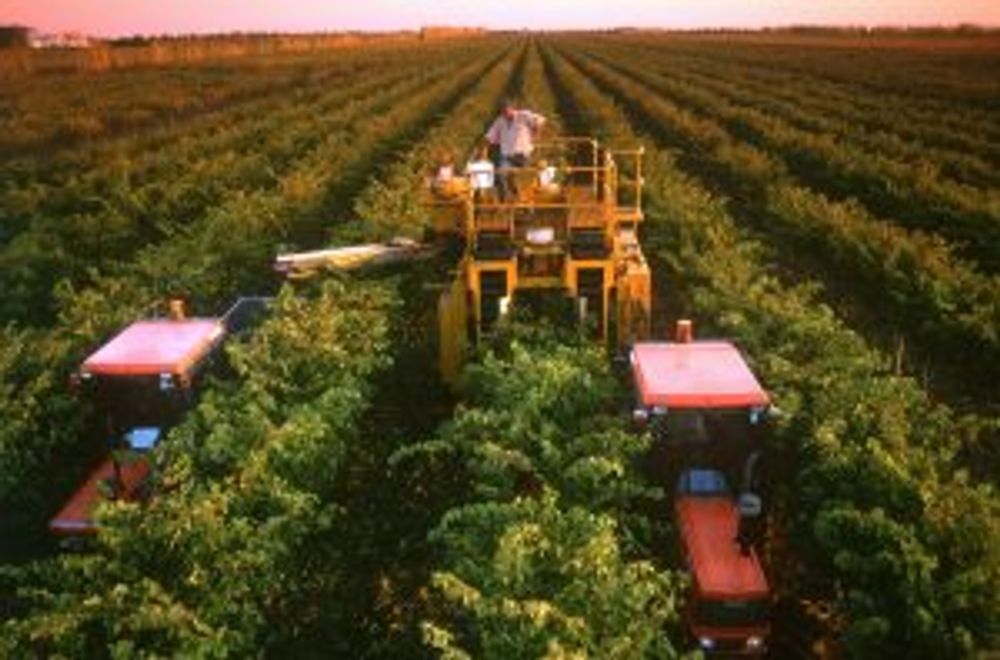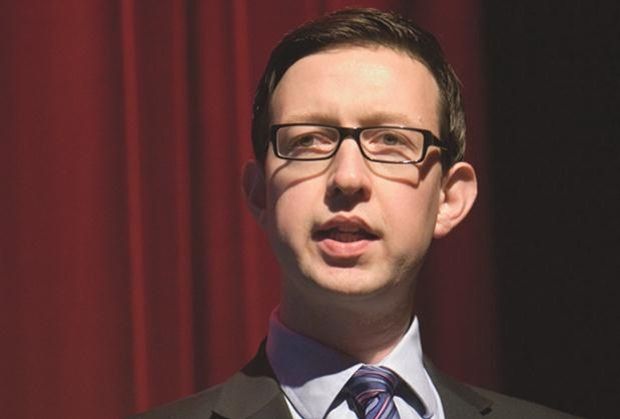The WSTA already has proposals in place to set up trade agreements with Australia and New Zealand that could be replicated elsewhere.
Blueprints for how future trade agreements might work between the UK and the world’s major wine producing countries are being unveiled for the first time at today’s Wine and Spirit Trade Association conference in London.
As the wine industry still struggles to get to grips with the fall out from the UK’s decision to leave the European Union in the June referendum, the WSTA has moved to try and set benchmarks for the sector to follow.
It has started talks with its Australian and New Zealand counterparts regarding post-Brexit trade agreements. WSTA chief executive, Miles Beale, spent a recent business trip to Australia and New Zealand proposing sector-specific arrangements – either as standalone agreements, or as part of broader trade to trade associations, drinks businesses and government officials. Details of which Beale will reveal at today’s conference.
He is expected to say: “We have no intention of idly waiting around for Brexit to happen, we have to take action now. We hope the UK government will welcome our initiative.”
It will certainly be one of the key industry sectors to set out its stall, or vision, for how future trade agreements might work. Which, in turn, should give the wine and spirits industry a strong position with government negotiators. The Prime Minister Theresa May has already started to prepare the ground work for talks with other non-EU countries.
The bilateral free trade agreement is also backed by Australian Prime Minister, Malcolm Turnbull, who said he was keen to establish free trade arrangements with the UK “as soon as possible”.
Australian trade minister Steven Ciobo said last week that the cost of supplying wine to the UK from Australia could fall after the UK leaves the EU as it will no longer have to pay additional fees for being a non-EU member.
The UK is the largest importer and consumer of Australian and New Zealand wines and a crucial hub to re-export their wines to the EU and beyond.
As Beale explains: “Wine from countries like Australia and New Zealand arrives in bulk into the UK where it is bottled, with some being re-exported, creating thousands of jobs for Brits.
“The wine and spirit industry is a huge contributor to our economy, worth £21.1bn annually and the concern is that leaving the EU could lead to businesses looking to relocate.”
Of all the Australian wine which ends up in the EU, 69% by volume and 66% by value comes to the UK first. This rises to 76% by volume and 77% by value of the wine shipped to the EU that comes to the UK first.
Equally Australia and New Zealand are key markets for UK exports, particularly spirits, which were worth £140 million in 2015, double that in 2010.
“Any unnecessary barriers to this trade would see all sides taking a substantial hit to their economies,” says Beale.
Australian wine sales were worth £1.5 billion in the UK last year, an increase of 3%. And one in five bottles of wine sold in the UK is Australian.
New Zealand is the only origin seeing double-digit percentage growth consistently, with yearly sales of over half a billion pounds in the UK, up 17%.

Australian wines are key to the UK wine economy
Pole position
“It is essential we maintain our pole position in the global drinks market,” Beale will tell today’s confrence. “The UK has a hugely successful wine and spirit industry and is perhaps the key hub for international trade.”
He will also stress that whilst the UK cannot yet formally negotiate with the New Zealand and Australian governments, the wine industry can still prepare most of the ground work in advance, which is precisely what the WSTA intends to do.
“While it will take time to work out our future with the EU countries what we cannot let slide is the opportunity we have to strengthen our relationships with those not tied to the EU. At the same time it is crucial that Australia and New Zealand continue to benefit from the same access to the EU market through the UK that they now receive.”
The WSTA will also reveal results of a YouGov poll conducted for its latest Market Report which will reveal that of those who were certain of what they wanted out of a trade deal, 86% said they want a free trade deal with the EU and 87% said they wanted a free trade deal with non-EU countries. With the exception of UKIP voters the polling showed that this has resounding cross-party support. Both genders support free trade, as do all ages, regions and social grades.
Britain is the second largest wine trader in volume, behind Germany, and by value, behind the USA.






























